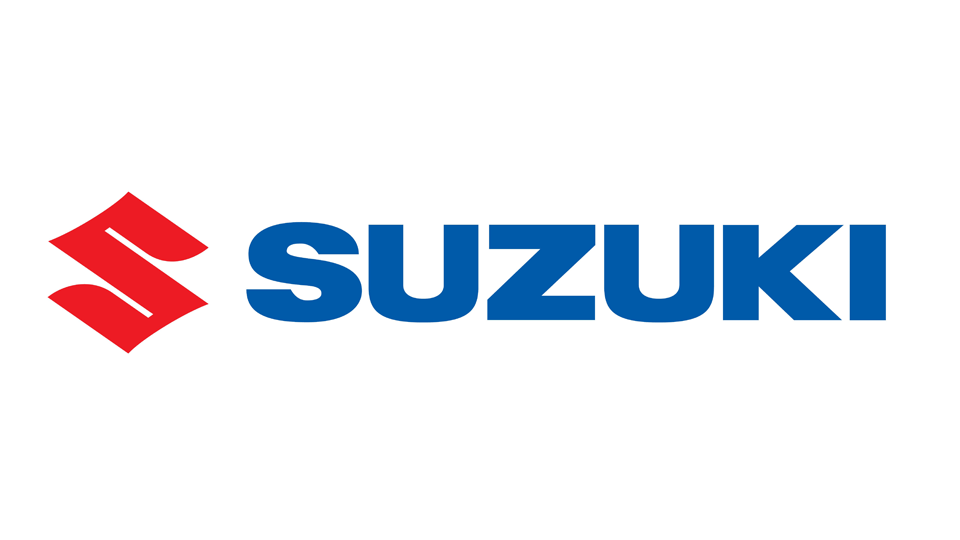Suzuki Motor Corporation represents over a century of Japanese manufacturing excellence, transitioning from silk loom production to becoming a global automotive and motorcycle powerhouse. Founded in 1909 by entrepreneur Michio Suzuki, the company pioneered innovative technologies across multiple transportation sectors.
Headquartered in Hamamatsu, Japan, Suzuki Motor Corp. operates through three primary segments: motorcycles, automobiles, and special machines including outboard motors and all-terrain vehicles. The corporation maintains significant market presence across Asia, particularly dominating India’s automotive sector through Maruti Suzuki.
With manufacturing facilities spanning multiple continents and a reputation for producing compact, fuel-efficient vehicles, Suzuki Motor Corporation has established itself as a leader in mini-vehicle innovation. The company’s legacy includes creating Japan’s first mass-production four-wheel-drive mini-car and introducing the world’s first supercenter concept motorcycle racing victories.
Key Stats
Suzuki Motor Corporation History
Suzuki Motor Corporation Founder
Suzuki Motor Corporation Revenue
Suzuki Motor Corporation generates substantial annual revenue exceeding 3.5 trillion yen across its global operations. The company’s financial performance reflects strong market positions in Asia, particularly India where Maruti Suzuki dominates the passenger vehicle segment.
Suzuki Motor Corporation Competitors
Suzuki Motor Corporation competes against established automotive manufacturers in compact car, motorcycle, and specialty vehicle segments. The company faces intense competition from Japanese rivals and global manufacturers targeting similar market demographics focused on fuel efficiency and affordability.
| Competitor | Primary Segment | Market Region |
|---|---|---|
| Honda | Motorcycles & Automobiles | Global |
| Toyota | Automobiles | Global |
| Yamaha | Motorcycles | Global |
| Kawasaki | Motorcycles | Global |
| Hyundai | Automobiles | Global |
| Daihatsu | Mini Vehicles | Asia |
| Nissan | Automobiles | Global |
| Mazda | Automobiles | Global |
| Hero MotoCorp | Motorcycles | India |
| Bajaj Auto | Motorcycles | India |
Suzuki Motor Corporation Market Capitalization
As a publicly traded corporation listed on the Tokyo Stock Exchange, Suzuki Motor Corporation maintains a market capitalization fluctuating between 1.5 to 2 trillion yen depending on market conditions and automotive sector performance.
Suzuki Motor Corporation Acquisitions
Suzuki Motor Corporation has pursued a conservative acquisition strategy throughout its history, preferring organic growth and strategic partnerships over aggressive mergers. The company’s expansion philosophy emphasizes joint ventures and technical collaborations rather than outright purchases of competitors.
The most significant strategic move occurred in 1982 when Suzuki established Maruti Udyog Ltd. as a joint venture with the Indian government. This partnership transformed India’s automotive landscape and positioned Suzuki as the dominant player in the world’s second-most populous nation. Maruti Suzuki eventually became a majority-owned subsidiary and India’s largest car manufacturer.
In 1981, General Motors acquired a 5.3% stake in Suzuki, which later increased to 20% by 2000. This alliance facilitated technology sharing and global distribution networks, though GM eventually divested its entire position by 2008. The partnership with General Motors enabled Suzuki to expand manufacturing presence in North America and Europe.
Suzuki’s 2009 partnership with Volkswagen Group represented another major strategic alliance when VW purchased 19.9% of outstanding shares. However, cultural differences and strategic disagreements led to arbitration proceedings in 2011, with Suzuki eventually terminating the partnership and forcing VW to return the shares.
Beyond equity investments, Suzuki has established numerous joint ventures including Magyar Suzuki Corporation in Hungary, Pak Suzuki Motor Company in Pakistan, and manufacturing partnerships throughout Southeast Asia. These ventures allowed market entry without substantial capital deployment through acquisitions.
The company acquired technical partnerships with Chinese manufacturers including Changan Suzuki Automobile and Jiangxi Changhe Suzuki Automobile for production facilities. Rather than purchasing existing manufacturers, Suzuki licensed technology and established new production capabilities aligned with local market requirements.

